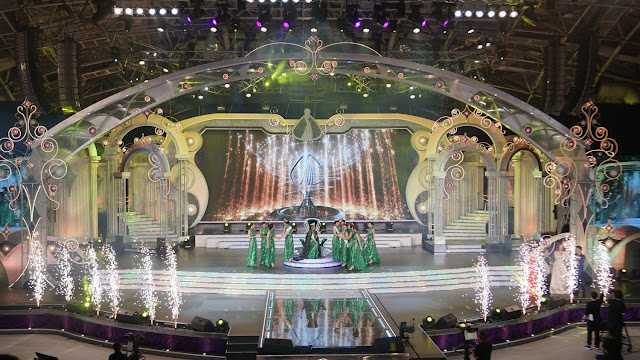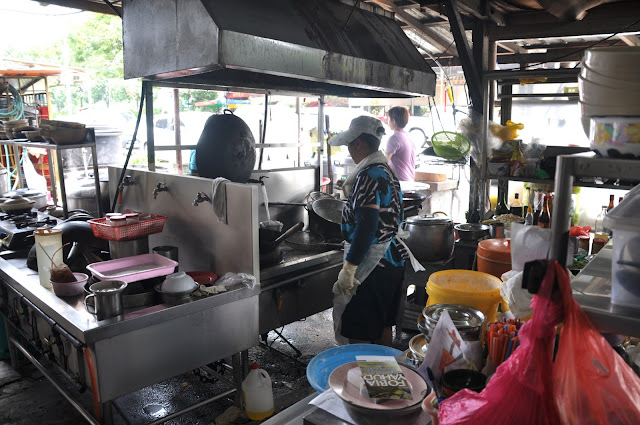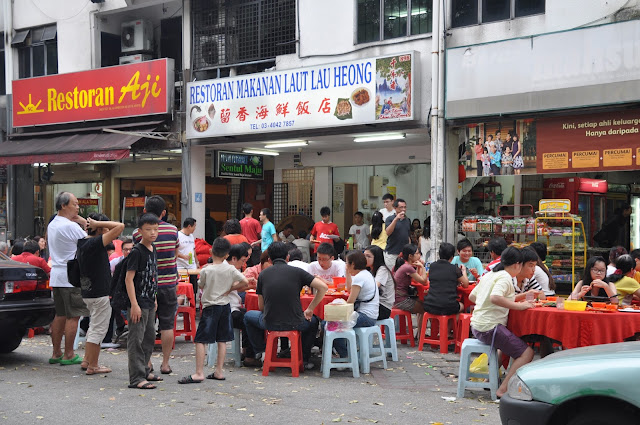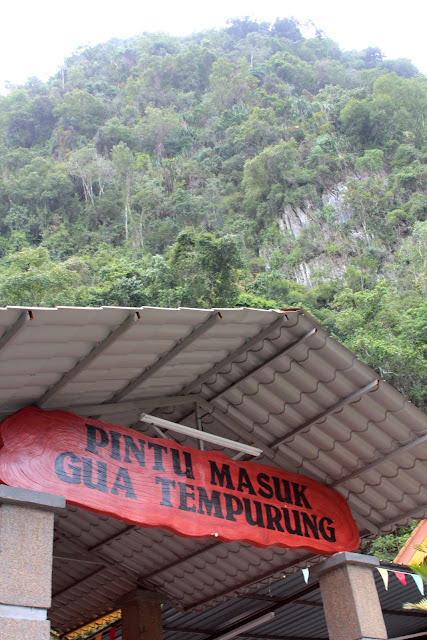Contestants from all corners of the world were featured, including young ladies from the US, Canada, Australia, South Africa and Asian cities. They will vie for the Miss Chinese International 2017 crown as well as the First and Second Runners-up spots and the title of Miss Friendship 2017. Tan Sri Dato' Michelle Yeoh, Dato’ Nancy Yeoh and Hong Kong actors Simon Yam, Wayne Lai, Niki Chow and Eric Tsang are among the big names who added glitter to the prestigious Miss Chinese International Pageant 2017. The pageant, was taking place outside Hong Kong for the very first time, and was held at Resorts World Genting on 15 January 2017. Tan Sri Yeoh, Dato’ Nancy Yeoh, Simon Yam, Wayne Lai and Niki Chow will be among the judges at the pageant while Tsang will take on the role of master of ceremonies (emcee). Tan Sri Yeoh, who is also a brand ambassador of Resorts World Genting, hopes her presence will inspire all contestants. The actress, who was Miss Malaysia 1983 and voted as...

















































Comments
Post a Comment